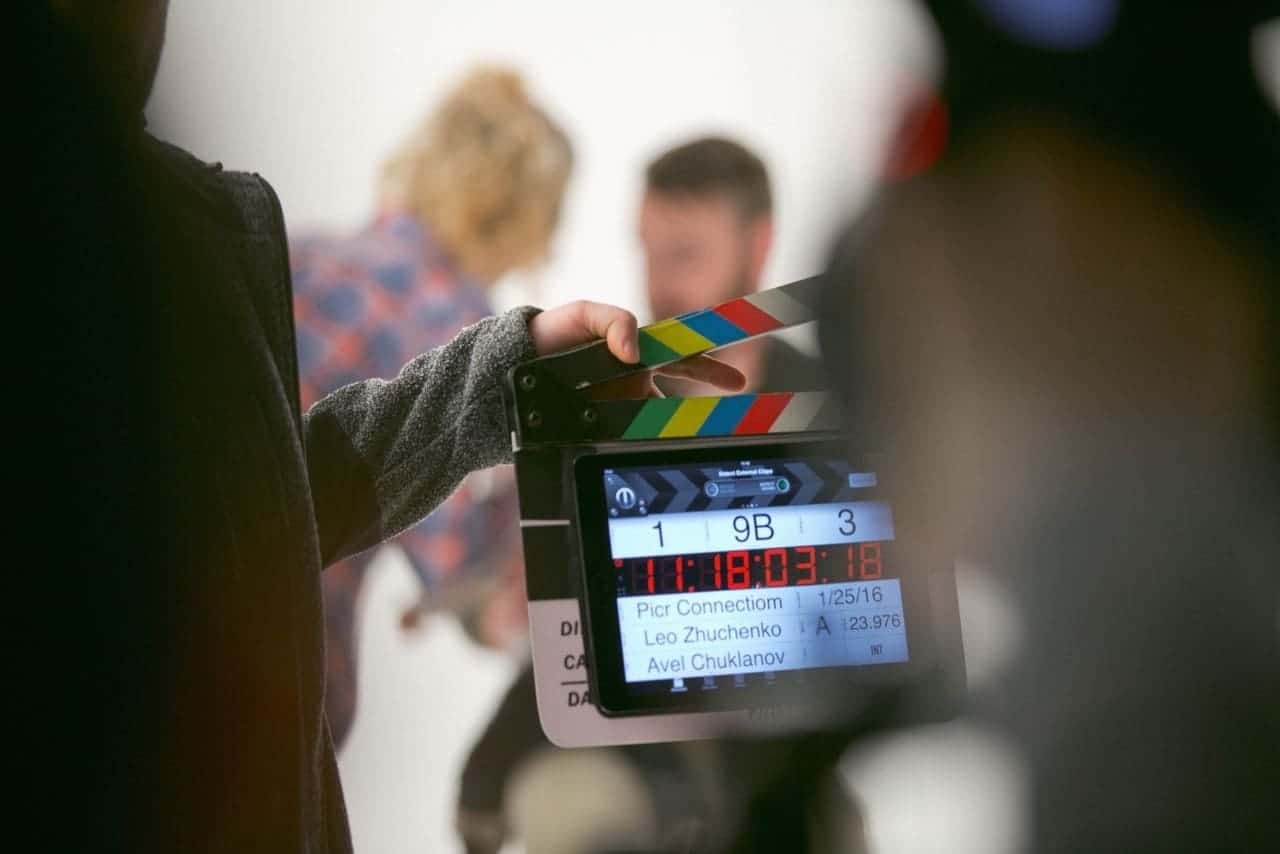Are you a ham actor?
Cinema and theatre-goers amongst you will have witnessed acting that is exaggerated to provide a certain effect; for example, comic or dramatic. But when the actor overdoes things, it can come across as false, pretentious, unrealistic… or just plain old bad acting!
But bad acting or ‘ham acting’ (as it is often called), applies not only to actors, but to every walk of of life. You only have to watch footballers attempting to win a penalties through diving to see that!
Results, results, results
So, therein lies an acting quandary for everyone, because performing any task at work or studying requires you to act, or do something, in order to achieve results; be that talking, presenting, reading, writing, listening, negotiating, practising or analysing.
The way in which you act is crucial, because it sets the stage for people that you work with to respond to and interact with you. But how often do you take a step back to think:
‘am I over-acting or over-doing things here…am I ham acting a bit?
When assessing why your results don’t meet your expectations, it can be easy to get sucked into an analysis of where you went wrong, but to lose sight of how you acted. But if you lose that sight, then you’ll never realise why you went wrong and how you can look to improve, because you will always get lost in small detail, rather than developing an awareness of the bigger picture.
Less is more
In the book, ‘An Actor Prepares’ written by one of the world’s greatest acting directors, the late Constantin Stanislavski, the author examines the way in which actors can look to prepare themselves for a role in order to provide a more natural and truthful performance.
What is staggering is the amount of preparation and constant self-examination that is required for an actor to bring a role to life. But that preparation goes far deeper than just learning a script; it requires a fundamental appreciation of how you use your body and an understanding of how to concentrate and build a role in a way that produces natural results that draw the audience closer to you.
Ultimately less is more in acting, but to cut out the unecessary and unhelpful excess requires both discipline and work on the self in order to achieve that.
Every day is a performance
For those in other walks of life, the parallels are clear. If you want to build better relationships and produce work that is useful, succinct, well-thought through and which provides lasting value to those you interact with, you will always need to be thinking about the way in which you act in order to minimise the risk of becoming a ham actor.
Nobody admires the footballer who exaggerates by diving to seek an unfair advantage and referees, fans and commentators quickly become wise to that kind of behaviour.
But if you look to work and study in a way which is more self-reflective and which takes an interest in how you can avoid unnecessarily exaggerating your efforts, not only will you save the enamel on your teeth by not as actors put it… ’chewing the scenery’…..but your work and interactions with others will become more honest, natural and worthwhile.








